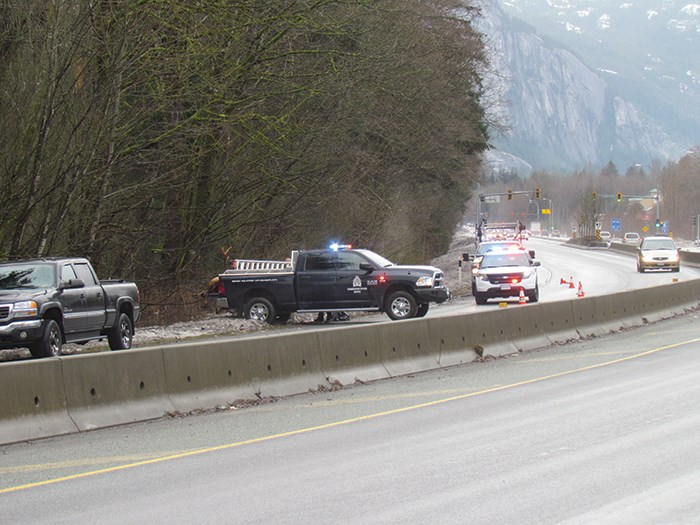There is a movement afoot at some media outlets to close commenting on online stories. Opinions among newspaper types vary on this.
One of the benefits of the Internet is the instantaneous feedback and conversation possible between diverse groups of people who may perhaps otherwise never have communicated. Some of the most insightful comments we get come from under our news stories.
But the reason for the anti-comment push is the vitriol and trolling that takes place far too often on online sites.
This weekend, we posted on Facebook about an elk that was hit and killed by a vehicle (see page A4).
The conservation officer said the Squamish Nation was given the elk and its meat was to be distributed. “Nice,” we in the newsroom thought. “A silver-lining to a sad story.”
According to Chris Lewis, spokesperson for the Squamish Nation, there is a co-management agreement between First Nations and the provincial government regarding various species of wildlife. Seven tags for elk are distributed by lottery to Nation members.
Across the province, there’s a relationship between conservation officers and First Nations. In the corridor, the officers can call on skilled Squamish Nation members who are able and willing to mobilize quickly to harvest such road kill. Nothing is wasted from the hide to the bone, fat, fur and meat, Lewis explained.
The edible meat is put into Squamish Nation community freezers and used for cultural events such as funerals, he added.
Makes sense, we thought.
But within minutes comments were attacking Squamish Nation members for being the ones who got to keep the elk road kill.
While negative comments upset some who then responded with their own comments, the young Squamish Nation woman Megan Courtney Andrew, who assisted her father in skinning and butchering the elk, was more pragmatic about the whole situation.
“Well, I understand why they would feel that way,” she told The Squamish Chief, speaking of those who commented that the Nation getting the meat was unfair. “But also, at the same time, it just makes more sense to me to give it to the original people of the land. Our people have been hunting and harvesting on these grounds since time immemorial. I think it’s sad that people act this way toward aboriginals over meat, something we know like the back of our hand.”
In the end, maybe there still is silver-lining to this story, if we are open to learning it.




